Water in Fuel - The No. 1 Fuel Concern for Boats & Watercraft
Even though boats are made for use on the water, their engines are not designed to hold water.
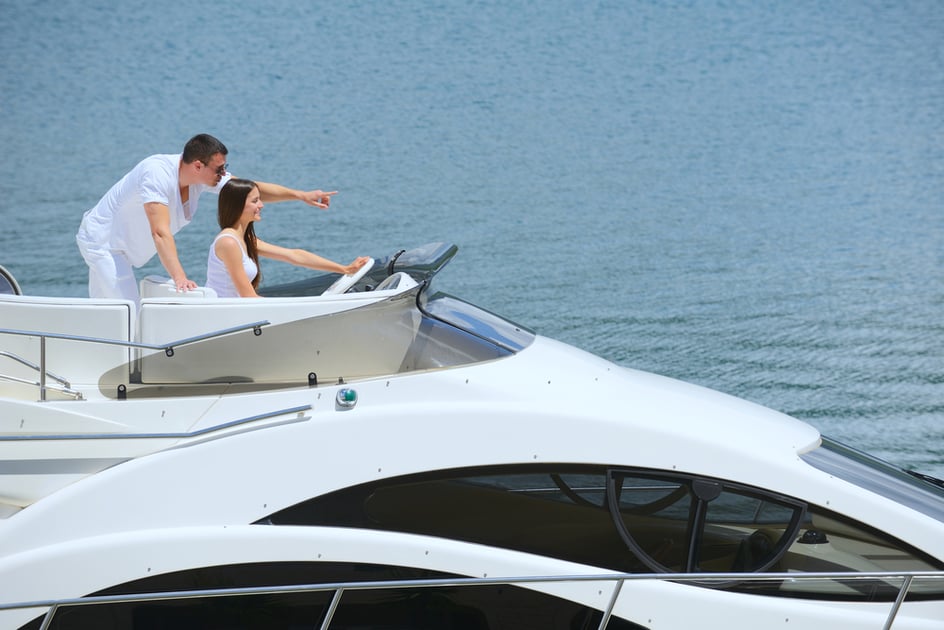
Boat engines aren’t designed to handle large volumes of water despite all the time they spend out in the marine environment. Boaters that use fuel blends containing ethanol face serious problems because of the fuel’s affinity for attracting water. And forget about storing that fuel.
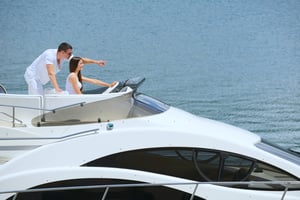 So, what types of problems can be caused by water in fuel?
So, what types of problems can be caused by water in fuel?
Clogged carburetors and fuel plugs, algae and bacteria in the fuel tank, corrosion…the list goes on. Water in fuel is a huge concern, but there are some simple ways to skirt the problem.
Water and fuel don't mix together; they separate. Water falls to the bottom of the tank, while the fuel stays on top of the tank. Using an additive can remove the water from the tank, ensuring that the fuel mixture remains pure.
Finding pure gas, or ethanol free gas, is getting more difficult, as many gas stations now blend their fuel mixtures with ethanol, but is the simplest way to prevent these problems.
When you have no other options beyond using ethanol gas, your best bet may be to make sure that you empty and refill the gas tank at least every three weeks.
Remember, boats are primarily used in the hot, humid summer months; the times when moisture has a tendency to form in the tank. Turning over the fuel on a routine basis can mitigate this problem.
Photo Credit : Wisconsin Department of Natural Resources
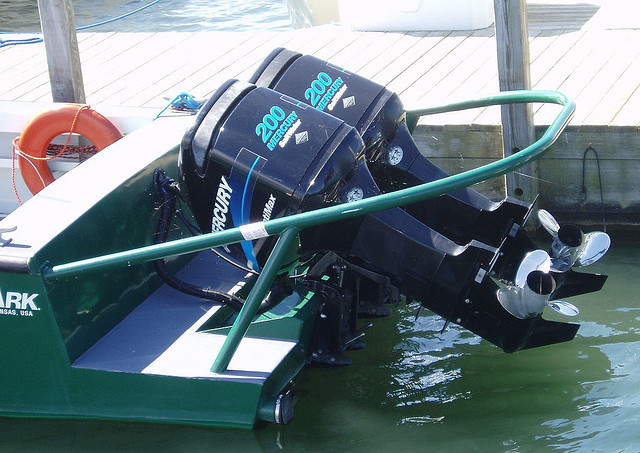
Even though boats are made for use on the water, their engines are not designed to hold water.
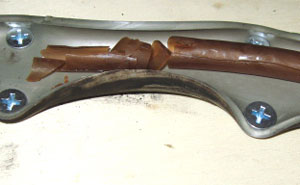
Boaters have now had the better part of the summer to assess the situation with ethanol blends and their watercraft. So what’s the assessment?
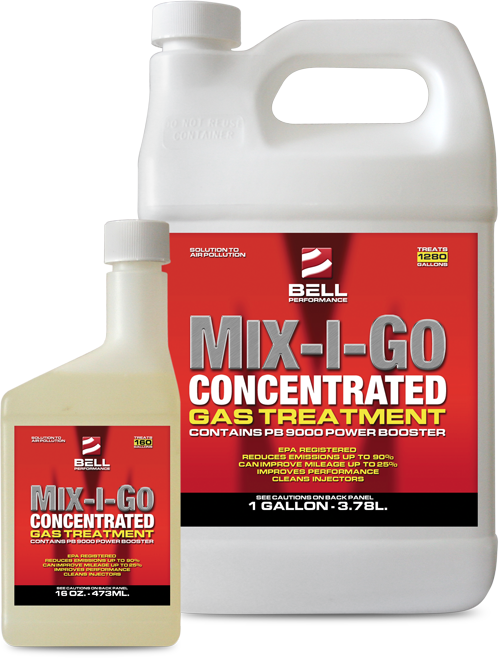
An article recently appeared in The Chronicle in Lovell, WY. Jim Minchow, owner of Minchow's Service talks about gas prices but his comments about...